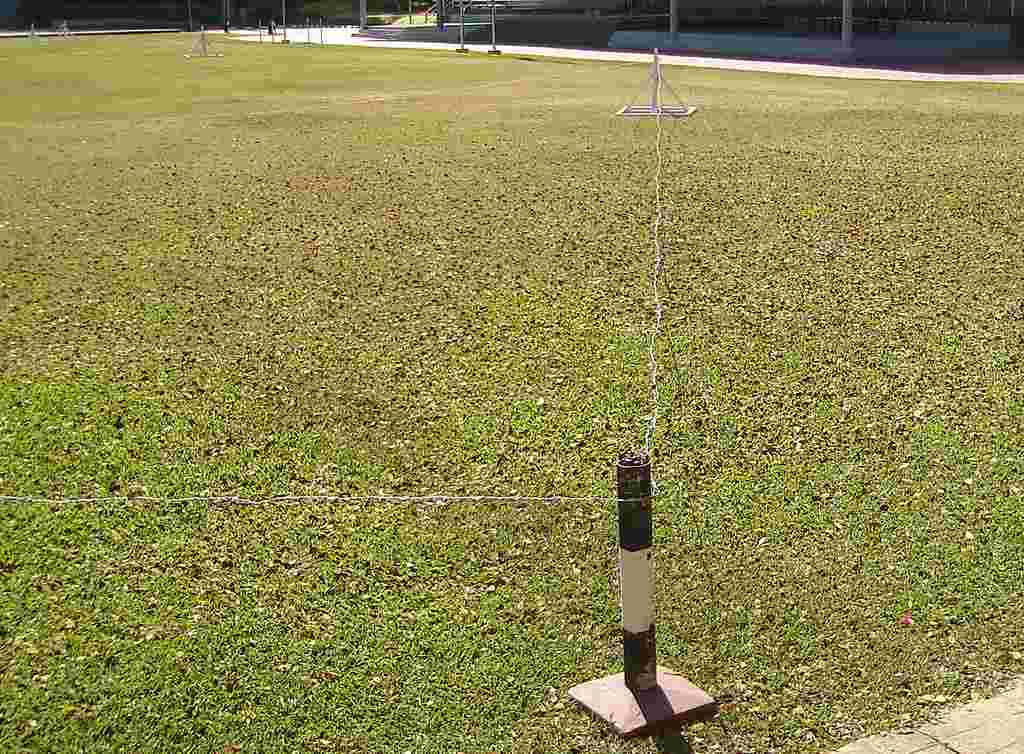Appeal court must not add words to the law
http://www.theborneopost.com/2012/09/26/sla-to-appeal-decision-on-foreign-lawyers-to-practise-in-sabah/
Malayan Federal Appeal court must respect the Malaysia agreement, and use proper english.
When the words say "in Sabah" it means "in Sabah" lah, not to be rephrased into "in Sabah courts" only. This is very common in Malaysian court judgements, adding words that are not there in the first place. That is without taking the whole spirit of the agreement and law itself. If the spirit were to be taken into account, the meaning is very clear, and the lawyers had pointed it out very very clearly.
Let us hope that the lawyers in Sabah should bring it to the Federal Court, and failing that to the international court. After all, it is the livelihood of Sabah lawyers that are at stake. It also means the livelihood of all Sabahans. IF even lawyers have problems finding jobs as had happend to all other professions from the highest to the lowest, despite the Malaysian agreement insisting on Borneonisation of government servants in Sabah, imagine what will happen to Sabahan lawyers.
Home - News - Sabah - SLA to appeal decision on foreign lawyers to practise in Sabah
SLA to appeal decision on foreign lawyers to practise in Sabah
Posted on September 26, 2012, Wednesday
KOTA KINABALU: In efforts to safeguard and protect local lawyers’ rights, Sabah Law Association (SLA) will be appealing against the decision of the Court of Appeal to allow foreign lawyers represent parties in arbitration in Sabah.
Its president GBB Nandy @ Gaanesh when contacted yesterday said they have a month to file the appeal.
“We are appealing to safeguard protection given under the federal constitution for Sabah lawyers for work done by a lawyer both in and outside the courts,” he stressed.
The Court of Appeal had on Monday unanimously allowed an appeal by Mohamed Azahari Matiasin against the decision of High Court judge Datuk David Wong Dak Wah on Oct 26, 2010 which ruled that a Sabah advocate has an exclusive right to legal practice both ‘in and outside’ courts and that includes the rights to represent parties in arbitration proceedings.
David in his decision then ordered foreign lawyers, who are not advocates within the meaning of the Advocates Ordinance 1953 (Sabah Cap. 2), prohibited by the Ordinance from representing parties to arbitration proceedings in Sabah.
In a landmark ruling, the three-man panel of judges comprising Datuk Mohd Hishamudin Mohd Yunus, Datuk Azahar Mohamed and Datuk Balia Yusof Haji Wahi held, among others, that foreign lawyers who are not advocates within the meaning of the said Advocates Ordinance 1953 (Sabah Cap. 2) are not prohibited by the Ordinance from representing parties to arbitration proceedings in Sabah.
The court also ordered second respondent Samsuri Baharuddin and 813 others to pay cost in the sum of RM10,000 to the applicant who also named SLA as the first respondent in the appeal.
Counsel Ho Kin Kong who acted for Mohamed Azahari in his submissions stated that the position in West Malaysia is beyond doubt, that a person representing a party in an arbitration proceedings need not be an advocate and solicitor within the meaning of the Legal Profession Act (LPA) 1976 and that the LPA has no application to an arbitration proceedings in West Malaysia.
Ho submitted that the provisions of the Sabah Advocates Ordinance, when read in its totality, indicates that the Ordinance is not applicable to arbitration nor is the Ordinance meant to give Sabah advocates the exclusive right to appear in arbitrations held in Sabah.
He pointed out that it was clear that barristers and solicitors in England do not have the exclusive rights to appear for parties in an arbitration hearing and the same applies to Sabah advocates in arbitrations in Sabah.
Gaanesh, who acted for SLA among others, told the court that the applicant could not rely on Section 35 (1) of the LPA as under Section 8 (1) of the Sabah Advocate Ordinance, the additional words ‘to practise in Sabah’ meaning that to include the acts that can be done by a lawyer both inside and outside the court.
He argued that arbitration is not being held in court and it is not a court proceeding.
Gaanesh further submitted that if any lawyers who are not admitted to the Sabah Bar, and represent parties in arbitration in Sabah, they also do the work of a lawyer which a lawyer admitted to the Sabah Bar can do.
He stressed that in order for anyone to represent parties in arbitration proceedings in Sabah, they must be admitted to the Sabah bar because they are safeguarded under the federal constitution which is actually part of the Malaysia Agreement and also part of the Cobbold Commission.
Further, Gaanesh submitted that the Arbitration Act in England which says that it is not exclusive for barrister or solicitor to do arbitration proceedings could not be used in Sabah.
Counsels Alex Decena and Christina Liew, who acted for the second respondent also submitted that the High Court judge had rightly pointed out that although non-lawyers were allowed to appear in arbitration in England, the position there had no bearing on the meaning of the words ‘practice in Sabah’.
They also submitted that the rationale and spirit behind this exclusivity is to give Sabah government the sole control of employment of non-residents in Sabah.
They further submitted that rationale and spirit would be destroyed and foreign lawyers would be able to set up their offices in Sabah and Sarawak to solely engage legal works for arbitration proceedings.
Read more: http://www.theborneopost.com/2012/09/26/sla-to-appeal-decision-on-foreign-lawyers-to-practise-in-sabah/#ixzz27dYjjzZl













No comments:
Post a Comment